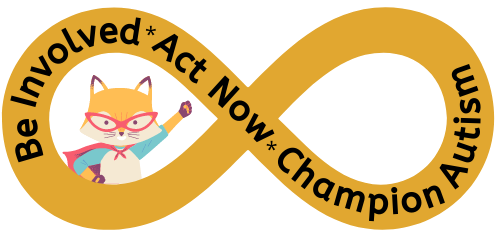Music Therapy Theory and Autism
Music therapy is a professional health discipline which uses music as a therapeutic stimulus to achieve nonmusical treatment goals. Findings from a recent analysis of music therapy research in the area of autism (Whipple, 2004) support the benefits of this intervention to assist in communication, on-task behavior, social development, self-care skills, and anxiety reduction. Additionally, research indicates enhanced processing and interest in musical stimuli for a subset of individuals on the autism spectrum. In combination with other evidence-based techniques, music is a strong modality to engage individuals with autism in more challenging or non-preferred tasks. For a complete research list (including the metaanalysis referenced above), visit http://coastmusictherapy.com/articles/diagnosisautism.html.
Music Therapy Goals:
Music-based strategies target many areas that don’t respond well to other adjunct supports. Frequently used techniques for individuals on the autism spectrum include:
Teaching and role-play of social scripts and scenarios via song-cued format
Practice and repetition of vocal sounds, speech phrases, or conversation scripts through melodic & rhythmic techniques
Presentation of academic facts, self-help sequences, and language concepts through song or chant
Gross and fine motor exercises and motor imitation cued by rhythm or instrument play
Engagement in music performance, songwriting, or music-facilitated social groups to encourage emotional expression, creativity, and interpersonal skills
Music to assist with calming, self-regulation, and transitions
Music Therapy Credentialing & Programs
A professional music therapist holds a minimum of a Bachelor’s Degree in Music Therapy from an accredited university in addition to completion of 1200 hours of clinical training and national board certification. For more information on this credentialing process, visit http://www.cbmt.org. Services frequently offered by music therapists include:
Early intervention
Adapted music lessons
Educational services
Individual and group therapy sessions
Consultation and collaboration with other treatment providers
Development of resources for home or school carry-over
Additional information:
Website: http://www.musictherapy.org



